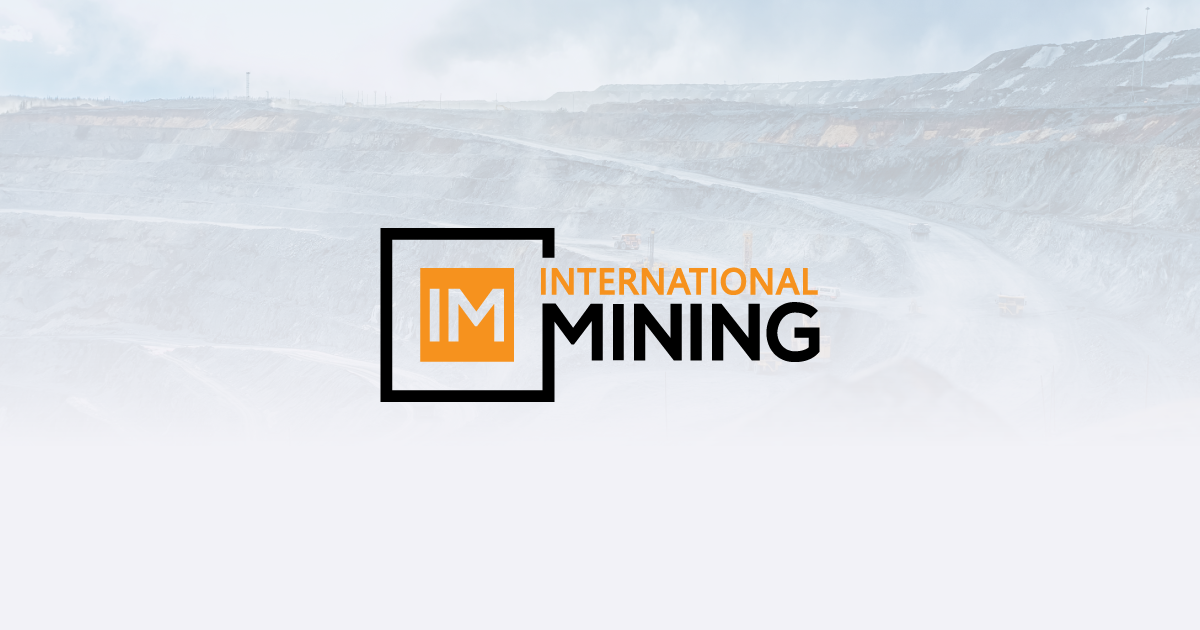
Sign up for daily news updates from CleanTechnica on email. Or follow us on Google News!
As if Volkswagen Group didn’t have enough challenges at the moment, the Northvolt bankruptcy threatens to delay the introduction of new electric car models from Porsche and Audi. Handelsblatt reported this week that several Volkswagen Group brands may have to postpone planned model launches because the necessary battery cells they expected to source from Northvolt will not be available as planned.
Although Porsche uses battery cells from other manufacturers for its Taycan and Macan electric models — the cells for the Macan come from the CATL factory in Thuringia — the company has opted for risky single sourcing for the successor to the 718, which includes the Boxster roadster and the Cayman coupe. The company was banking on Northvolt to be the sole battery supplier for those cars. Because the two-seat sports cars do not have much space for large battery packs, Northvolt cells, with their high energy density and low volume, were considered essential for Porsche.
According to information from Handelsblatt, other cell suppliers were not included in the original planning by Porsche. The electric Boxster and Cayman were due to go on sale by the end of 2025, but that is not going to happen unless Porsche can find another battery supplier or Northvolt is able to fulfill its contract with Porsche. The automaker declined to comment when asked by Handlesblatt for a statement, saying only that it was “unable to comment on the situation in the supplier industry.” Electrive speculates that non-answer could mean Porsche is still expecting Northvolt to supply the battery cells it will need.
Audi Is Less Affected By Northvolt Collapse
The situation in Ingolstadt looks somewhat different. Citing company sources, Handelsblatt writes that Audi is examining “whether the contract with the battery cell manufacturer still has a future.” Audi was also to receive prismatic cells from Northvolt from the factory in Skellefteå for new models based on the PPE platform developed in conjunction with Porsche. That platform is being used for the new battery electric Macan along with the Audi Q6 e-tron and A6 e-tron. Other models based on the PPE platform are also under development, but Audi is planning to use several suppliers for the PPE-based cars, such as CATL and LG Energy Solution in addition to Northvolt.
Audi sources told Handelsblatt the current A6 e-tron models are “not affected by any delivery problems.” At the moment, there are no bottlenecks in PPE production at Audi’s main plant in Ingolstadt. In the long term, however, there could be a shortage of batteries if Northvolt fails to deliver the planned capacities. Handelsblatt is therefore already speculating about re-negotiations with CATL and LGES. “Industry insiders suspect that such re-negotiations would be more expensive for Audi than planned,” it said.
Northvolt had already announced after the cancelled BMW order that it would focus more on the production problems and put other projects on the back burner. This week, a spokesperson emphasized that “everything is currently being subordinated to the successful ramp-up of the battery factory in Skelleftea.” BMW had cancelled an order worth billions of euros because Northvolt was unable to deliver the agreed quantities of battery cells at the agreed time. While Porsche and Audi had planned to use the Northvolt cells for future models, BMW wanted to use the prismatic cells from Skelleftea in its current electric cars. Since it is switching to cylindrical cells for its Neue Klasse electric cars, a later delivery of the prismatic cells was not of interest and the order was cancelled.
The fact that Northvolt’s production is behind schedule is not the only reason for the Swedish company’s financial situation. However, the underutilized production is costing the company money because the revenue it expected is not materializing due to the lower delivery volumes. That, in turn, has led lenders to hold back on additional financing for the company. Even if Northvolt is able to deliver a lower number of battery cells, it is not certain that Porsche will be able to realize the planned premiere of the electric 718 successors by the end of next year. Handelsblatt has learned from industry sources that an unspecified “component in the drivetrain” is still causing problems. During the latest sit and schvitz at CleanTechnica headquarters, the consensus was that Porsche is having difficulty with the flux capacitor.
Porsche Is Struggling In China
Porsche has other pressing problems. We know the parent company is getting knocked around pretty hard in the Chinese market, with the loss of revenue leading to a financial crisis for Volkswagen Group. Autoblog reports this week that Porsche sales in China have fallen dramatically, which has been a major factor in the financial travails of the parent company. China was Porsche’s largest market for eight consecutive years, but its sales in China were down 29 percent in the first nine months of 2024. The drop has forced it to announce plans to close nearly 30 percent of its dealerships in the country by the end of 2026. Porsche, which currently has 138 dealerships in China, will reduce that number to approximately 100 by the end of 2026 as it seeks to consolidate operations and focus on profitability. Key markets like Beijing and Shanghai will see renewed investment, while under-performing regions will be phased out, the company said in a call with investors.
The challenges Porsche faces in China are representative of a broader shift in Chinese consumer preferences. Locally produced electric vehicles from domestic brands are on the rise, undercutting European luxury automakers in both price and technology. Despite declining sales, Porsche remains optimistic about its long-term potential in China. Alexander Pollich, head of Porsche China, emphasized the importance of profitability and a premium customer experience. “Our key purpose out of optimization is to improve the overall network profitability, resulting in a multi-win situation,” Pollich said during an investor call.
Porsche plans to introduce advanced connected technologies for its remaining dealerships. Those enhancements will include real-time production and delivery tracking via the Porsche app and WeChat as well as a new technical division aimed at catering to China’s tech-savvy buyers. Porsche’s decline highlights a growing challenge for European automakers in China. As local brands like BYD and NIO continue to gain market share, premium European names face mounting pressure to innovate while maintaining their luxury appeal. For Porsche, the stakes are high, as its Chinese market performance in 2024 has already lagged far behind previous years.
In 2021, the brand sold over 95,000 vehicles in China, surpassing sales across Europe and the US, which reported annual sales of 86,160 and 70,025, respectively. In 2022, the automaker saw a slight sales decline in China — about 2% — but still surpassed the sales of Europe and the US. By 2023, that marginal drop turned into a sharp decline, with reported sales of 79,283 in China. That trend has only been reinforced so far this year. Despite the setbacks, Porsche remains confident in its brand values of sportiness and performance. By streamlining operations and adapting to China’s evolving market dynamics, it hopes to reclaim some of its lost ground. Whether these efforts will be enough to combat rising competition remains to be seen, but the luxury automaker is betting on its ability to adapt to the world’s largest car market.
The Wrong Cars At The Wrong Time
Perhaps things will turn out as hoped, but it seems clear that Chinese customers are now displaying a clear preference for cars from domestic manufacturers. They also are clamoring for so-called extended range electric vehicles — basically, plug-in hybrids with larger batteries. European and US automakers are late to the EREV party and have no models presently in the market segment. They are working on them, but by the time they get them ready for sale, their Chinese competitors will have raised their game even more and may still be a lap ahead.
Once, all you had to do to sell a ton of cars in China was slap a prestigious nameplate on them and wait for the orders to roll in. Things have changed. GM just took a $5 billion loss on its Chinese business, Nissan has all but abandoned the Chinese market, Jeep has lost its cachet, and even BMW and Mercedes are struggling to sell cars there. The takeaway is that a car needs more than the Porsche script on the deck lid to be a sales success in China today, something European and US brands should have anticipated but didn’t. Between its supply problems with Northvolt and its troubles in China, Porsche may be on the edge of an existential crisis, and its future is more cloudy than it has been any time this century.

Chip in a few dollars a month to help support independent cleantech coverage that helps to accelerate the cleantech revolution!
Have a tip for CleanTechnica? Want to advertise? Want to suggest a guest for our CleanTech Talk podcast? Contact us here.
Sign up for our daily newsletter for 15 new cleantech stories a day. Or sign up for our weekly one if daily is too frequent.
CleanTechnica uses affiliate links. See our policy here.
CleanTechnica’s Comment Policy




